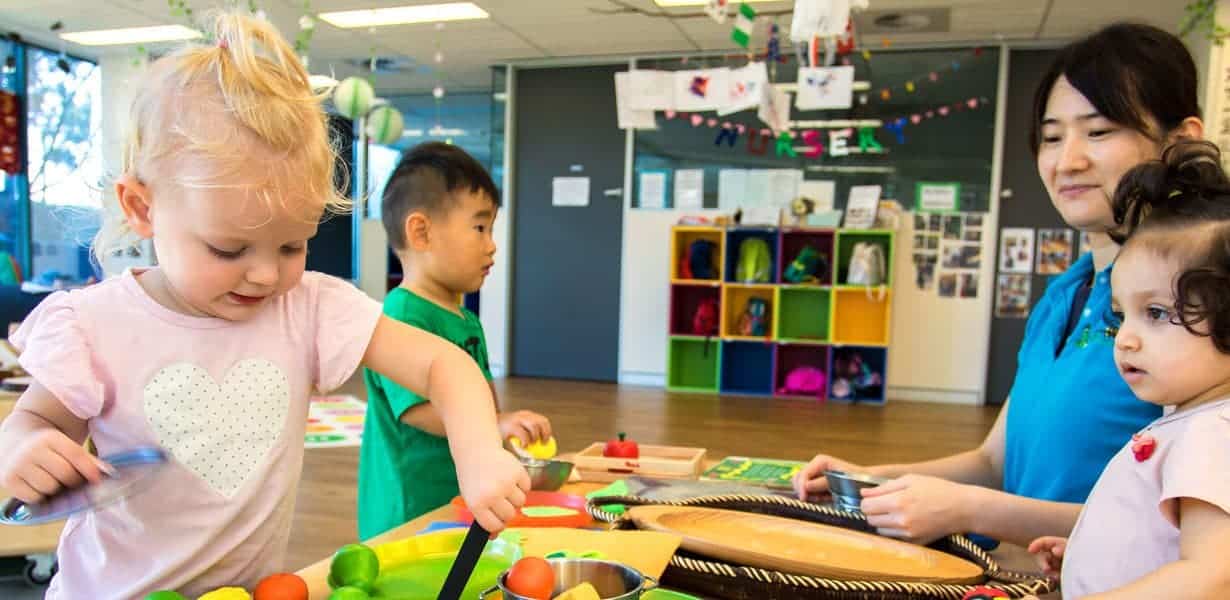Raising Confident Children

Growing happy and confident children with strong social skills and emotional wellbeing is a topic at the heart of so many of our conversations as parents. A continuing message is that fostering confidence and resilience in our children sets a foundation for successful pathways as they travel through their lives.
We all want the best possible outcomes for our children but how do we go about raising children to be confident and emotionally resilient? The messages at time seem mixed: let your child experience failure so that they learn to cope; support your child and they will tackle more challenge next time. It’s confusing, to say the least. How do we build up our children, give them emotional tools, but refrain from mollycoddling our tiny loved ones.
How can we hit that sweet spot between support and self-determination?
Here are five key ways to encourage confident children and set them up to make positive choices so they implicitly feel good about themselves.
Encourage Your Children
Encouraging your children in all of their tasks and pursuits instills in them a motivational voice of their own – a way to speak to themselves when the going gets tough.
This doesn’t simply mean saying things like, “You’re the best!” Rather, it means voicing positive affirmations around things like effort and urging them to try again if they miss the mark the first time. It’s important to praise the process, not simply the achievement so that children know that the work they put in is just as important.
Avoid Labels (At Least as Far as Your Child Knows)
Sure, it’s important for your child to know that they’re allergic to nuts or that they suffer from asthma, but putting too much emphasis on an illness or behavioural issue can shape your child’s identity and influence the way they interact with others. Putting too much emphasis on labels can greatly impact your child’s confidence so make sure they know that things like size, shape, and medical/dietary issues don’t define who they are.
Express Your Feelings and Encourage Children to do the Same
Saying things like, “I know you’re disappointed but there’s always next time” and “This made me feel sad but that’s alright…” will help children acknowledge their own feelings when they get frustrated and want to shut down. It will also give them the confidence to move past negative emotions and try again. Helping your children to understand that Mum or Dad also feels sad, angry, disappointed, and frustrated in their day-to-day life will allow them to connect and empathise.
Model Positive Self Esteem
Children will emulate whatever they see from their parents. It’s one thing not to reprimand your child when they fail at a task, but most parents don’t necessarily apply the same rules to themselves. For example, you wouldn’t call your child stupid if they fell off the monkey bars, but most parents don’t realise that they tend to utter negative things about themselves if they forget the shopping list or miss the bus. Seemingly innocent comments like, “Ugh, silly Mummy forgot your hat today” or “Daddy’s always late” can become a regular part of your child’s inner (and outer) voice pretty early on.
Give Your Child Responsibilities
While chores around the house are important, you might also like to consider responsibilities related to keeping a plant or pet alive and happy. Doing things for our children all the time robs them of the opportunity to develop competency. They also never experience the satisfaction (or ensuing confidence) that comes from completing a task independently. Sure, things are never done that well when completed by tiny, five-year-old hands, but if we can relinquish a bit of control when it comes to scraping dirty dishes into the bin or tipping food into a bowl for the dog, our children will be better for it.
Looking for an early learning centre? Find one that’s convenient to you here.
Looking for the right Childcare Centre for your Family?
Submit your details and a member of our Concierge Team will be in touch to discuss what you need and how we can help you experience something more than childcare.
We'll be in touch soon.






